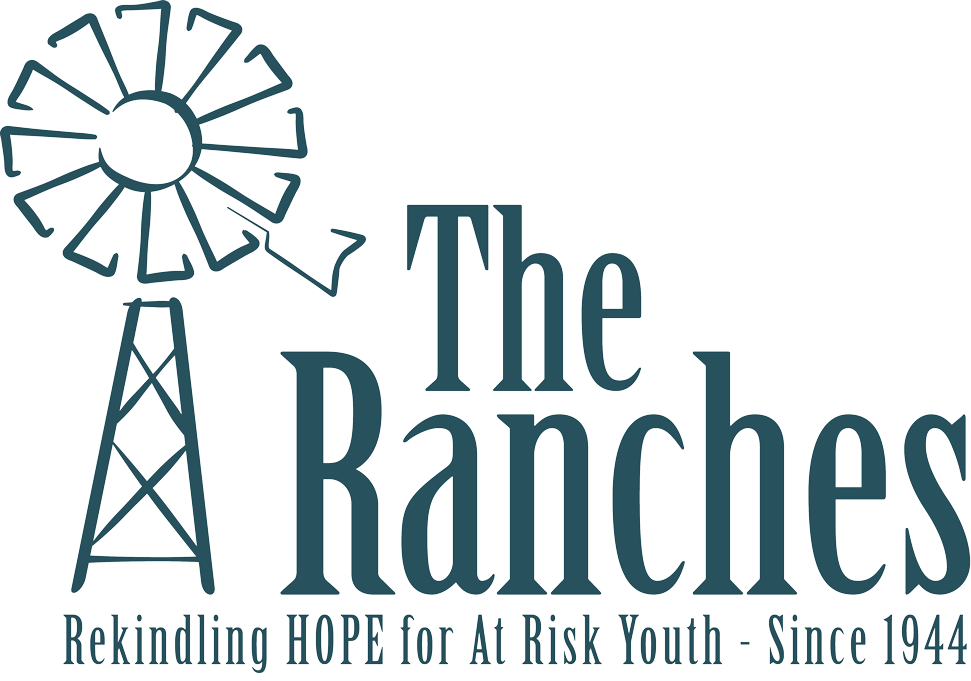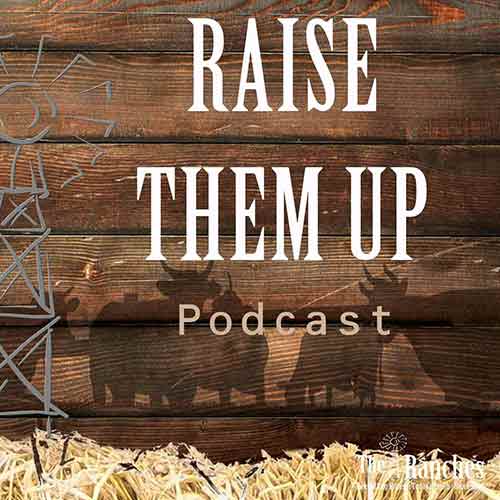Are you a good listener? I am not. While I am good at processing and storing the information that someone is trying to communicate with me, I often have trouble listening the the person and accurately identifying and validating the emotions behind, and delicately interwoven, into what the other person is saying. This is an area of struggle for me – a blindspot.
I simply process the world “out loud” and often have an intensity to my messages that I am, at times, less than aware of. To compound matters, I have been known to have a fairly firm grasp on the use of words in an effort to elicit a response. While I am stubbornly proud of my use of words, I am quite ashamed of my inability to listen well. I also struggle to know how to deal with people who respond to the intensity of my words without understanding me as a person. In short, I am a better communicator than I am a listener. The obvious response to this, by most people, is to either try and match my intensity or simply shut down and struggle to find any words to respond to me at all.
While the easy way out is to make blanket statements about listening or communicating better, those are emotionally and intellectually lazy arguments. In truth, I hate being ignored; whether by silence or just emotionally. Being ignored, based on my experiences, means that I am unimportant and have little or no value to the person ignoring me. My response is often to get louder or cut deeper with the words that I am so fond of stringing together. My main boundary in life is “don’t ignore me” and, if you are going to ignore me, don’t try to ever convince me or pretend that I am important to you. Ever.
Yes, I am part of the problem.
So, how does one go about becoming a better listener? I am working on it. The best way to say what I am working on is to compare listening to people to listening to music. There are lyrics – words and rhyme – that someone has turned into a poetic message. conversely, there is music that accompanies the words by adding emotion. Reading the lyrics or only listening to instrumental music is how most people listen. Both miss half the message.
I am working to hear all of the other parts of the song; and I suck at it.
Sadly, a lot of people do. They don’t look for the pain when the anger is too easy to see…and to ignore. They don’t see the fear, because the panic is too obvious, too easy to ignore and too simply and ineffectively placated by, “it’ll be ok.”
On the other end of the spectrum, the hardest part for me are always the people who cannot listen to me without making the exchange about themselves. Often, instead of listening, hurting people will hear a statement based in pain, and turn that into an indictment against what they’ve done. Or worse, take a statement about self esteem or awareness and compassion, and make themselves more heroic or more noble or more valid because they’ve “obviously” done what they are hearing the other person do in a far better way; better than me.
We all need different things and we all could be better listeners. Maybe if we took the time to understand the person we’re listening to, commit to their importance to us before they even speak, and make sure that we never stop listening to them, in order to make their story about us, we could all benefit. We might even start having pockets of people who feel heard and feel that they can now hear others. Eventually, we might even have a generation of young people who are better listeners, better communicators and better people.
Podcast: Play in new window | Download (Duration: 16:06 — 29.5MB)


